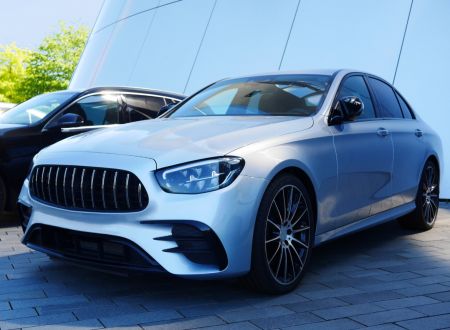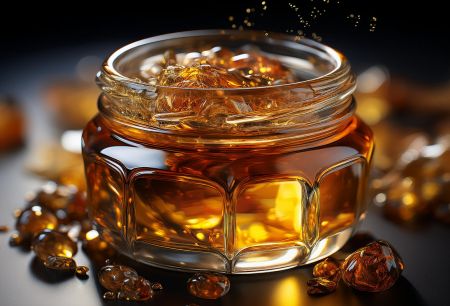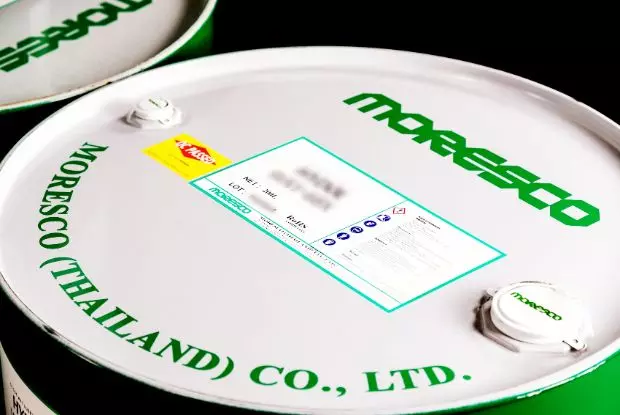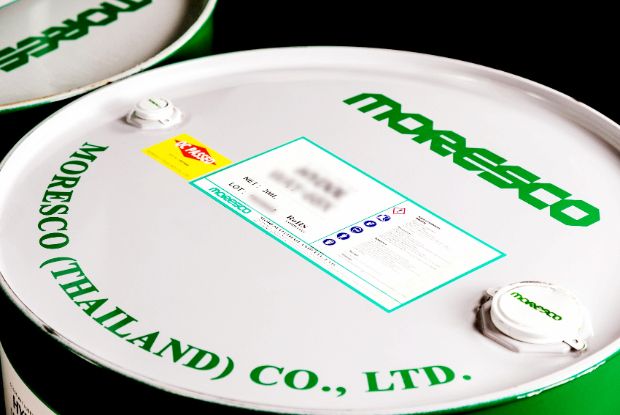High-Efficiency Lubrication in Electric Vehicles: Enhancing Motor Bearing Performance Through Oil Release Strategies
With growing global awareness of environmental protection, the electric vehicle (EV) industry has surged as a vital solution to reduce carbon emissions. According to statistical data, the transportation sector accounts for about a quarter of global greenhouse gas emissions, with over 75% stemming from road transport. To address climate change, many countries are promoting the adoption of EVs, which are expected to dominate the automotive market in the coming decades.
However, achieving this goal requires maximizing the performance of every system and subsystem in EVs to enhance vehicle range. The electric motor (e-motor), a critical subsystem, contributes around 7% of a car’s total energy consumption, making motor bearing lubrication optimization essential for improving energy efficiency.
Lubrication Needs for EV Motor Bearings
A Comparison of Lithium-Based and Alternative Greases:Motor bearings in EVs primarily use grease to reduce friction and wear. Grease consists of base oil, thickener, and additives, with the thickener’s role being to retain the oil within its structure, largely depending on its chemical composition. Currently, lithium salt-based thickener systems dominate the market, with lithium-based greases accounting for approximately 70% of the global market. Lithium complex (LiX) greases are well-regarded for their excellent high-temperature performance, technical availability, and effective lubrication in motors.
However, as EV batteries increase demand for lithium, the rising cost of lithium-based compounds and potential toxicity concerns have led to the search for alternative non-lithium thickeners. Polyurea (PU) grease, a semi-polar compound, has emerged as a promising alternative due to its superior oil film thickness at low speeds, excellent shear and thermal stability, and ability to extend bearing life.
In the Japanese market, PU grease accounts for about a quarter of total grease production, and this share is expected to grow. Additionally, demand for PU grease is increasing in Europe, the Pacific region, and Southeast Asia.
Compared to lithium-based greases, polypropylene (PP) grease, a non-polar thickener system, offers better lubrication performance. Research has shown that PP grease excels in friction performance evaluations and has a high oil release rate, making it a potential candidate for use in EV motor applications.
Optimizing Oil Release and Motor Bearing Performance
The oil release rate (also known as "bleeding") plays a critical role in optimizing motor bearing performance in EVs. Oil release directly affects the amount of oil in the contact area, determining the thickness of the oil film and the friction torque. Oil release is not constant and can be influenced by bearing operating conditions and thickener degradation.
The oil bleeding behavior of grease includes the agitation and release phases, during which the grease redistributes and releases oil onto the raceway, controlling the replenishment of oil and preventing lubrication starvation.
TInsufficient oil release can lead to poor lubrication, affecting bearing life and performance. On the other hand, excessive oil release can cause premature grease depletion, shortening its lifespan. Therefore, when designing greases for EV motor bearings, adjusting and optimizing the oil release rate is key to ensuring long-term efficient operation.
Future Directions for EV Lubrication
The rapid development of the EV industry is driving continuous innovation in lubrication technology. As the market demand for EVs increases, grease manufacturers face greater challenges to develop more eco-friendly, efficient, and cost-effective lubrication solutions.
The emergence of alternative thickeners like polyurea and polypropylene offers new hope and possibilities for the grease industry. In the future, in-depth research into grease composition and oil release characteristics will further enhance EV motor performance, contributing to the sustainable growth of the EV industry.
◆ Source: Springer Nature
◆ Reference: https://doi.org/10.1016/j.triboint.2024.109777
High-Efficiency Lubrication in Electric Vehicles: Enhancing Motor Bearing Performance Through Oil Release Strategies | ISO 9001:2015 Certified Industrial Lubricants Manufacturer And Supplier Since 1982 | HLJH
Located in Taiwan, HAI LU JYA HE CO., LTD has been an industrial lubricant manufacturer and supplier. Main products, include metalworking fluids, industrial lubricants, soluble cutting oils, semi-synthetic cutting oils, synthetic cutting fluids, neat cutting oils, rust preventive oils, slideway oils and hydraulic oils, which can reach 150 tons of cutting fluids per month.
HAI LU JYA HE Co., Ltd. (HLJH) have been focusing on manufacturing and marketing the industrial lubricants more than 30 years. Our fundamental belief is to make a harmful, friendly with lives, businesses, and leaving a lasting legacy for generations to come. We offer metalworking fluids (water-based cutting fluid, neat cutting oil), rust preventive oil, hydraulic oil, slideway oil, spindle oil, gear oil and so on that cover the whole industrial lubricant value chain. Our fundamental belief is to offer harmful and friendly products such as water-based cutting oils, neat cutting oil, rust preventive oil, hydraulic oil, slideway oil, spindle oil, gear oil and so on that cover the whole industrial lubricant value chain.
HLJH has been offering customers high-quality metalworking oils and fluids, both with advanced technology and 39 years of experience, HLJH ensures each customer's demands are met.




